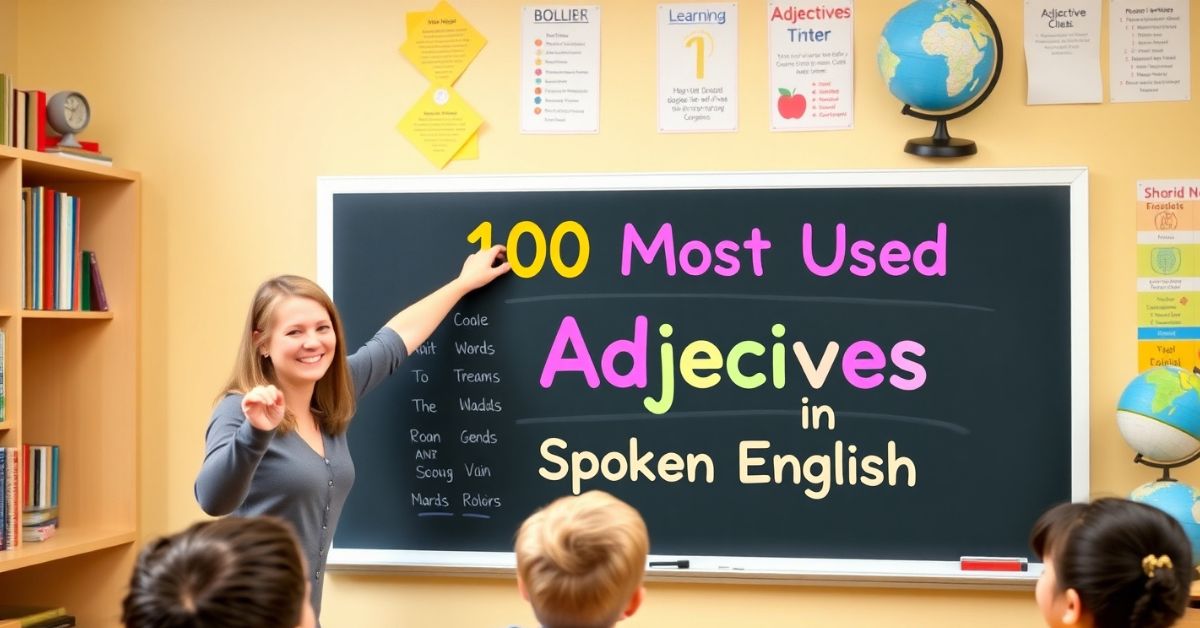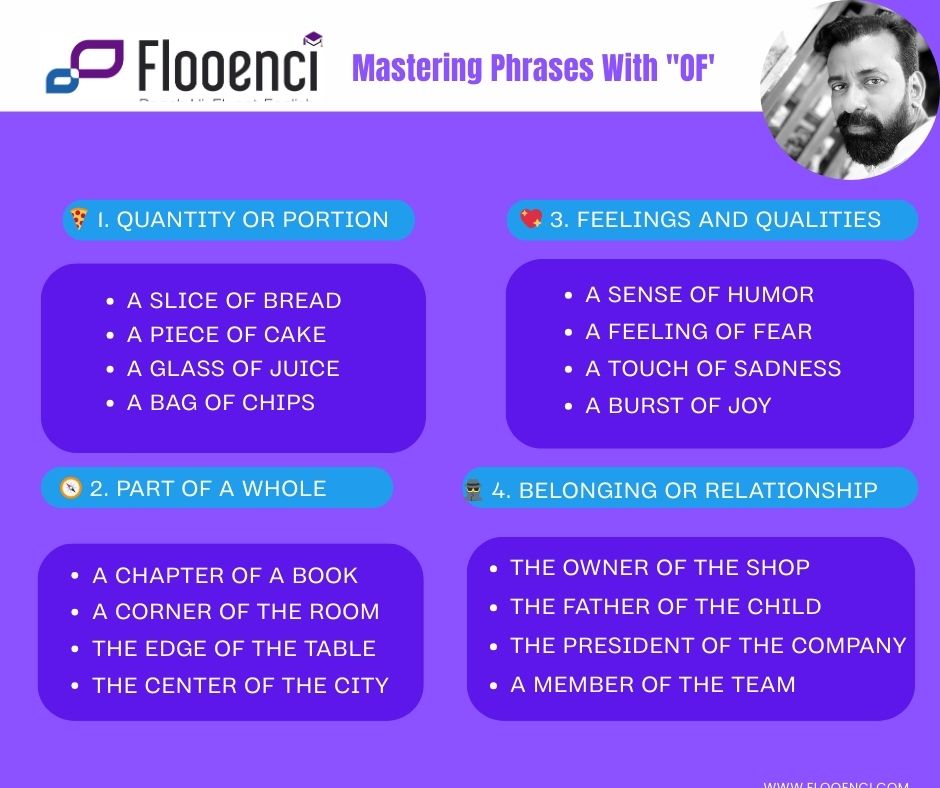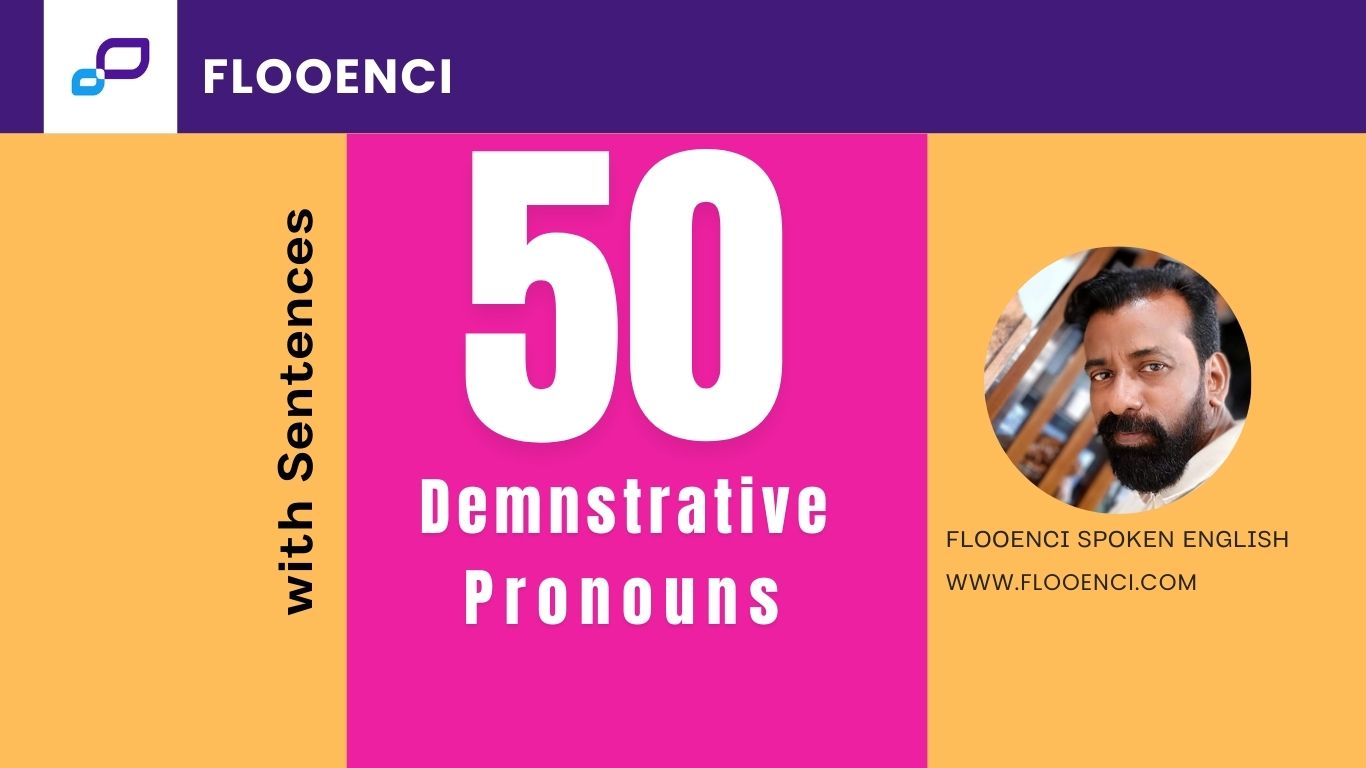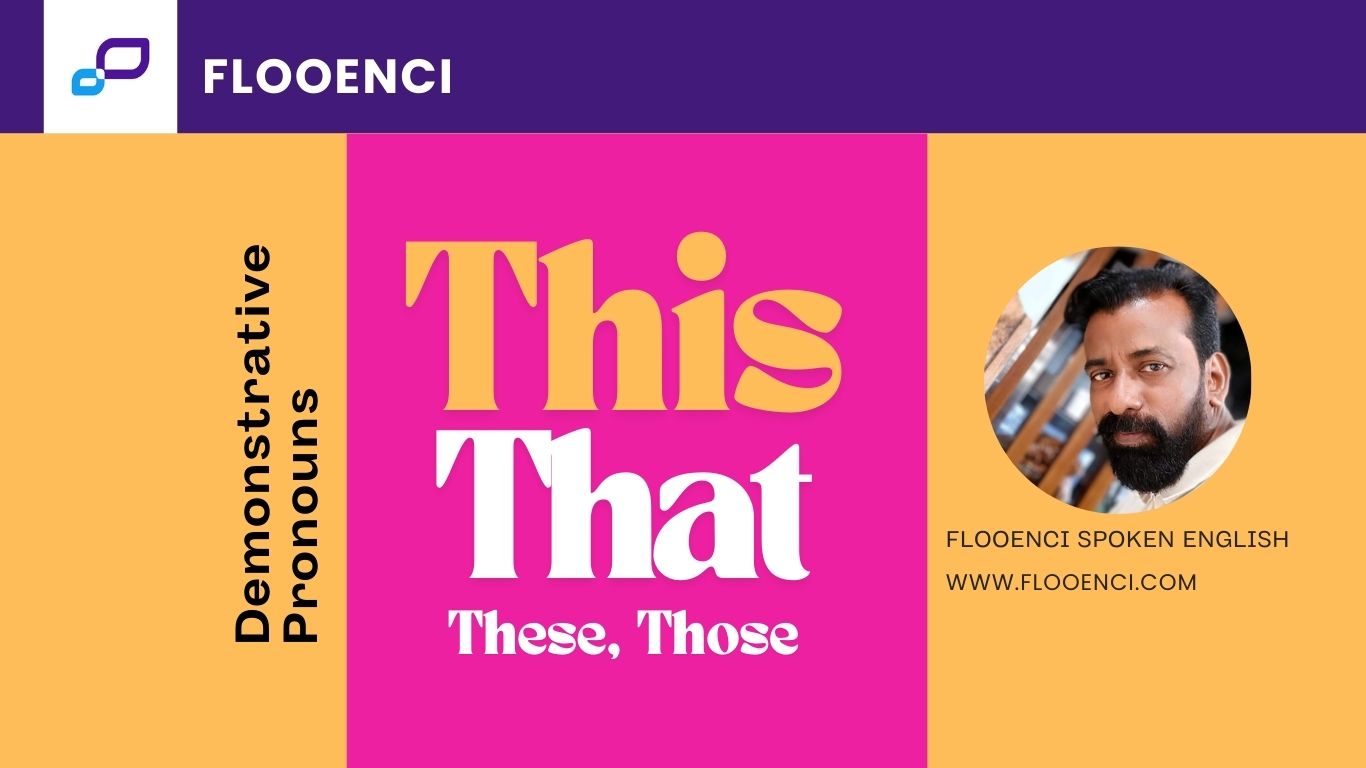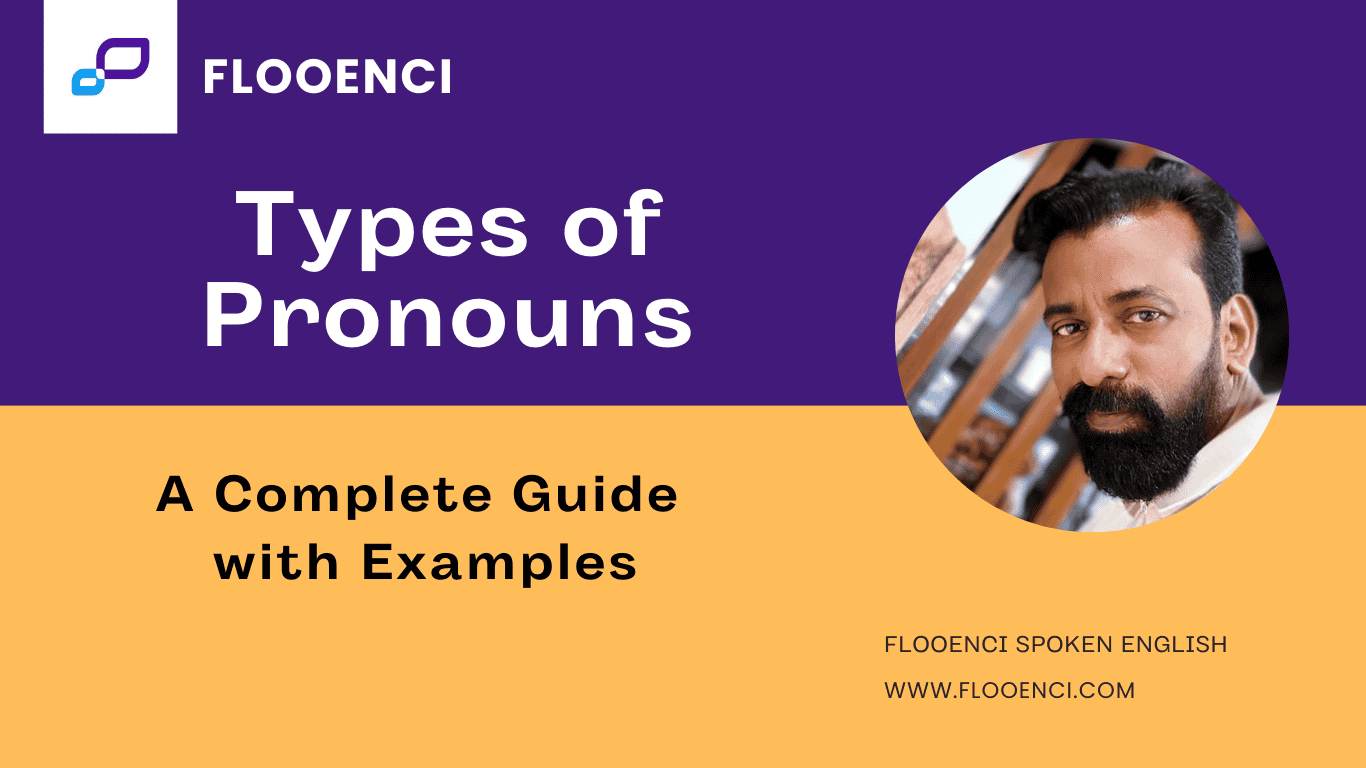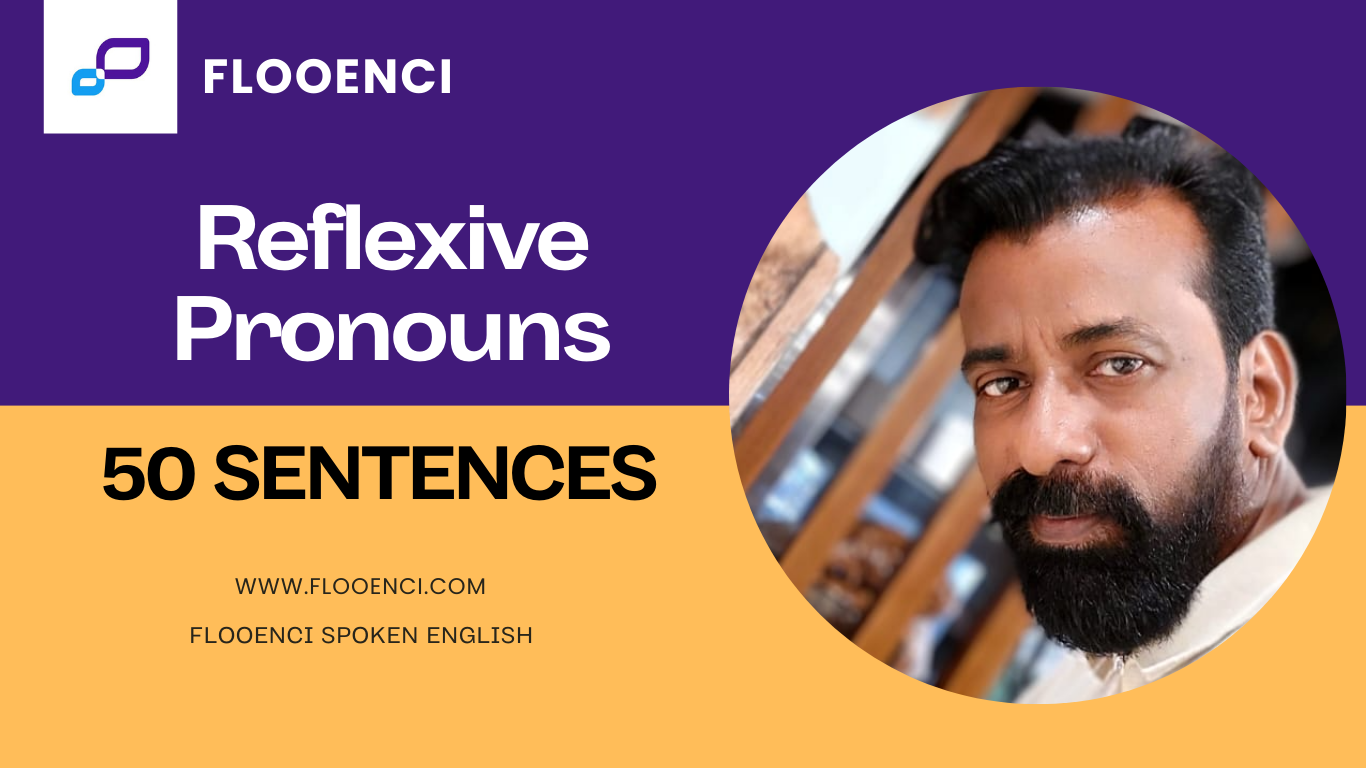Here are 100 example sentences using the adjectives you listed. Each sentence is natural, simple, and great for spoken English learners:
Here are 100 of the most commonly used adjectives in spoken English, based on frequency and conversational usage: These adjectives are frequently used in everyday conversations, making them great for ESL learners and conversational fluency practice. Let me know if you want this categorized by topic (like emotions, size, etc.) …
Here are 100 common verbs with their 3rd-person singular present-tense form (“Singular”) and their plural (base) form (“Plural”): # Singular Plural 1 asks ask 2 answers answer 3 arrives arrive 4 is be 5 becomes become 6 begins begin 7 calls call 8 carries carry 9 catches catch 10 changes …
If you’re learning English, you’ve probably come across phrases like “cup of tea,” “piece of advice,” or “sense of humor.” These short, simple expressions are everywhere in English—and mastering them can instantly boost your speaking and writing skills. In this post, we’re diving into the world of “noun + of …
💡 What Are V4 Verbs? V4 verbs refer to the -ing form (present participle) used in continuous tenses like the present continuous. In this post, you’ll find 100 V4 verbs in natural example sentences to help you speak and write English more fluently. Here’s a full blog-ready package with a …
Here are 50 present perfect sentences with adverbs: With “just” With “already” With “yet” (negative & interrogative) With “ever” With “never” With “so far” With “recently” With “lately” With “still” With “always” Let me know if you need more! 😊
Conclusion Demonstrative pronouns are small but powerful tools that make communication precise and engaging. By mastering their use, you can express yourself clearly and avoid unnecessary repetition. Practice regularly, pay attention to proximity and number, and soon, using demonstrative pronouns will become second nature. Start incorporating these handy pronouns into …
When learning a language, understanding how to effectively point out specific objects, people, or ideas is essential. Demonstrative pronouns play a crucial role in achieving this. In this article, we’ll explore what demonstrative pronouns are, their usage, examples, and tips to master them. Whether you’re a student, a language enthusiast, …
Pronouns are an essential part of English grammar. They help make sentences concise and less repetitive by replacing nouns. In this blog, we’ll explore the various types of pronouns, their definitions, and examples to enhance your understanding. What Are Pronouns? Pronouns are words that substitute for nouns in a sentence. …
Reflexive pronouns play a vital role in the English language, serving to reflect the action of a verb back onto the subject. These pronouns, such as ‘myself,’ ‘yourself,’ ‘himself,’ ‘herself,’ ‘itself,’ ‘ourselves,’ ‘yourselves,’ and ‘themselves,’ are used to convey actions or experiences that individuals or objects perform upon themselves. In …


